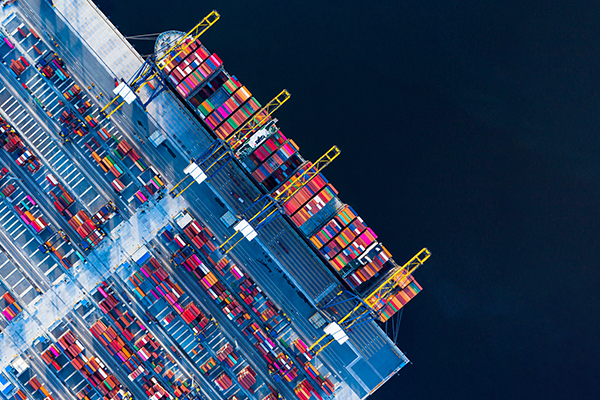Alternative fuels and new energy products | Marine training course
Enroll to this course and get knowledge and understanding of new energy products and technologies in the maritime sector
 The shipping industry is experiencing an increased attention towards decarbonization and alternative energy sources.
The shipping industry is experiencing an increased attention towards decarbonization and alternative energy sources.
The entire maritime shipping industry is changing the fuels it uses to power its ships, from carbon-intensive to carbon-neutral or renewable, in order to reduce carbon dioxide (CO2) emissions.
The transition impacts not just ship operators, but also builders, suppliers, partners and countless other stakeholders.